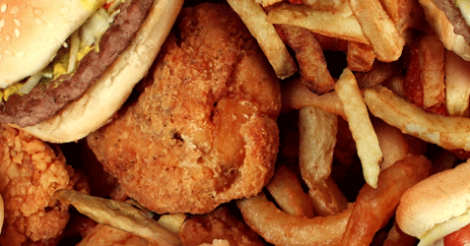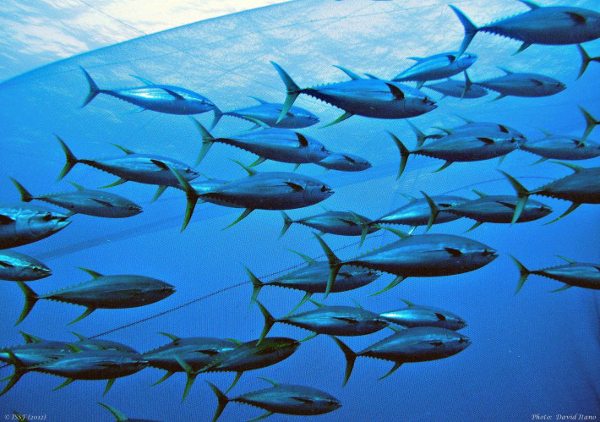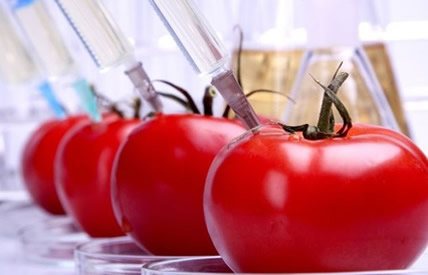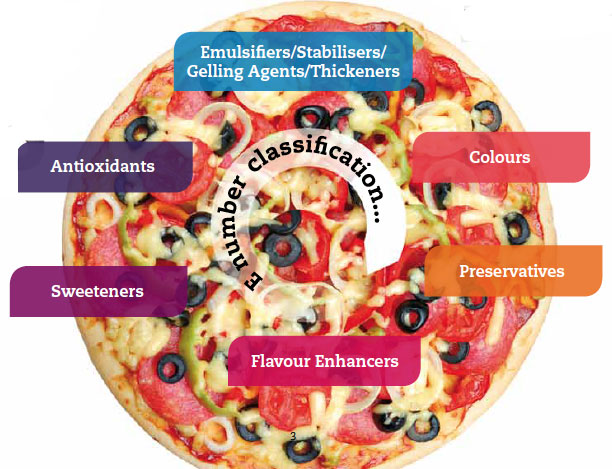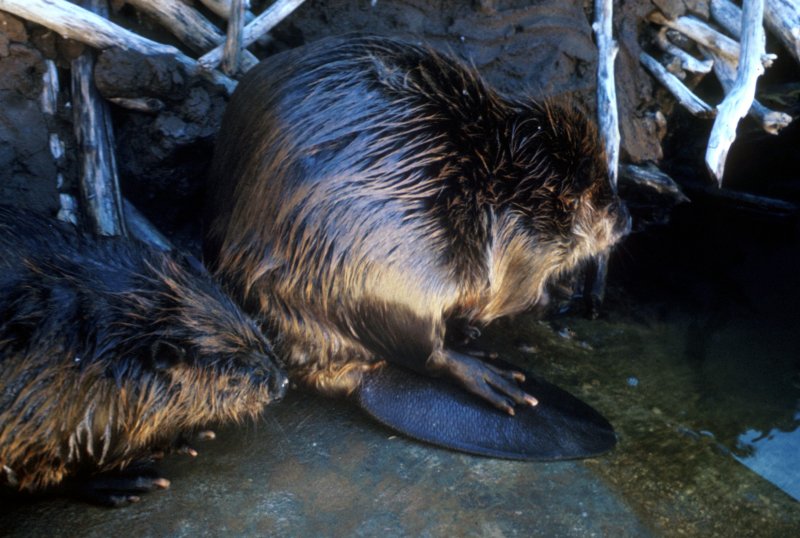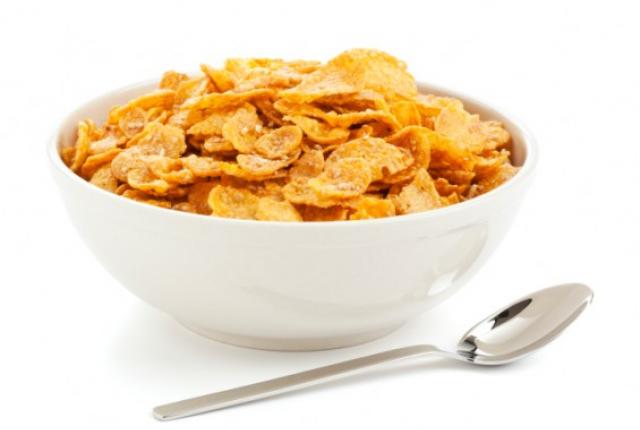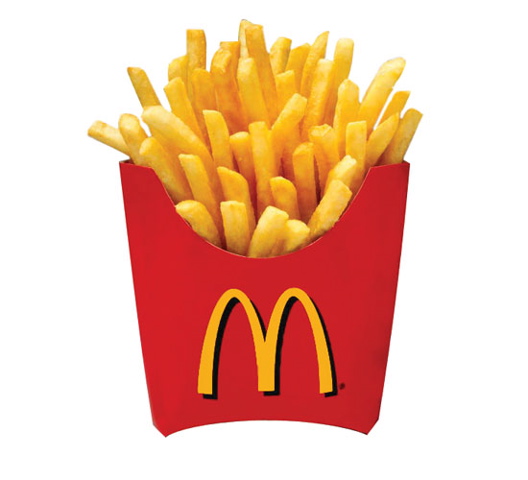
Reports paint a scary picture of how food corporations collude to manipulate information in order to increase profits. According to a new report, many scientific studies about nutrition, as well as the trusted experts who disseminate this information to the public, are being funded by the very entities that should be scrutinized. The report, “Nutrition Scientists on the Take from Big Food,” details the ways that the world’s largest food corporations—aka Big Food—exert their influence on nutrition research and the people who conduct it. The report’s author, attorney and food advocate Michele Simon, has previously studied the influence of Big Food on the nation’s largest organization of registered dietitians. Together, these reports paint a scary picture of how food corporations collude to manipulate information in order […] Read More


